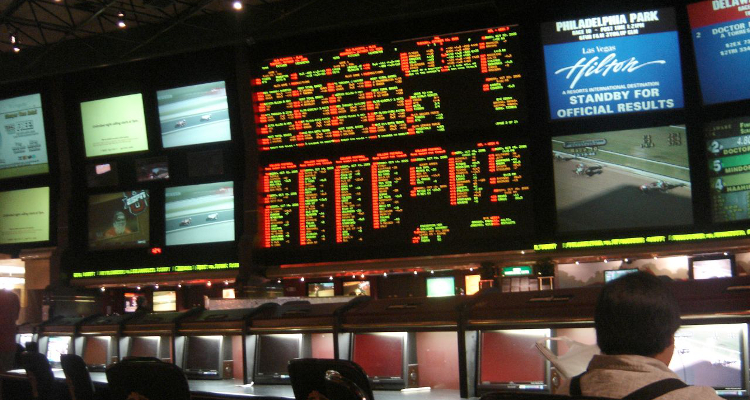In advance of kicking off its three-day Global Gaming Expo (G2E) in Las Vegas, the American Gaming Association trade group has called for the federal government to consider legalizing sports wagering nationwide.
A new report from the body’s Illegal Gambling Advisory Board has advised Congress to repeal the 1992 Professional And Amateur Sports Protection Act (PAPSA), which banned sportsbetting in all states with the exceptions of Delaware, Oregon, Montana and Nevada, and replace it with a “rigorous” set of regulations.
“The current approach to sportsbetting in the United States is not working; instead, it’s fueling criminal enterprises,” said Tim Murphy, a former Deputy Director for the Federal Bureau Of Investigation and leader of the Illegal Gambling Advisory Board. “The time has come to repeal the current sportsbetting ban and replace it with rigorous regulations that benefit states, protect consumers and maintain the integrity of the games.”
Murphy guided the first-ever law enforcement summit on illegal sportsbetting in Washington, DC, this summer and has now helped to produce the Law Enforcement On Illegal Sports Betting: After-Action Report, which declared that the current approach by United States authorities to sportsbetting is “failing”.
“Under PASPA, federal law largely prohibits sportsbetting outside Nevada,” read a statement from the American Gaming Association. “Instead of curbing illegal betting, the law has driven sportsbetting underground, creating a thriving $150 billion to $450 billion illegal market with no consumer protections, no tax benefits for communities and no safeguards for sport integrity.”
The Illegal Gambling Advisory Board, which also consists of Ed Davis, former Commissioner for the Boston Police Department, and Jim Dinkins, past Homeland Security Investigations Executive Associate Director for the United States Immigration And Customs Enforcement, concluded that the federal government must repeal PASPA and “allow states to determine if they wish to regulate this form of wagering”.
“No voice is more important than law enforcement to make clear the perils of a thriving illegal sportsbetting market and why prohibition is failing,” said Geoff Freeman, President and Chief Executive Officer for the American Gaming Association. “The Illegal Gambling Advisory Board makes a compelling case that will capture the interest of lawmakers on Capitol Hill and demonstrate why it’s time for legislative action.”
The Illegal Gambling Advisory Board is moreover made up of JB Van Hollen, the past Attorney General for Wisconsin, and Bill Young, a former sheriff for Clark County, Nevada, and explained on Wednesday that a regulated sportsbetting system would aid law enforcement efforts and better protect consumers.
“The United Kingdom and other international markets demonstrate how legal [and] regulated sportsbetting can create a powerful partnership between the gaming industry, the leagues and law enforcement,” read the statement from the American Gaming Association. “This transparent system provides effective tools to monitor, investigate and shut down illegal activity.”
The Illegal Gambling Advisory Board estimated that upwards of $4.1 billion was wagered on February’s Super Bowl 50 while as much as $90 billion is expected to be bet on National Football League and collegiate American football games this season with 98% of these wagers made illegally.
“Through its Stop Illegal Gambling: Play It Safe initiative, the casino gaming industry is working with law enforcement organizations and agencies including the Federal Bureau Of Investigation, attorneys general, district attorneys, police chiefs, sheriffs and others to expose the growing illegal gambling market that preys on consumers, siphons tax revenues and funds violent crime and stands in stark contrast to the legal [and] regulated gaming industry that serves as a community partner across 40 states,” read the statement from the American Gaming Association. “The American Gaming Association is focused on five types of illegal gambling [in] sportsbetting, illicit machines, Internet sweepstakes cafes, online and often offshore wagering and animal betting.”



